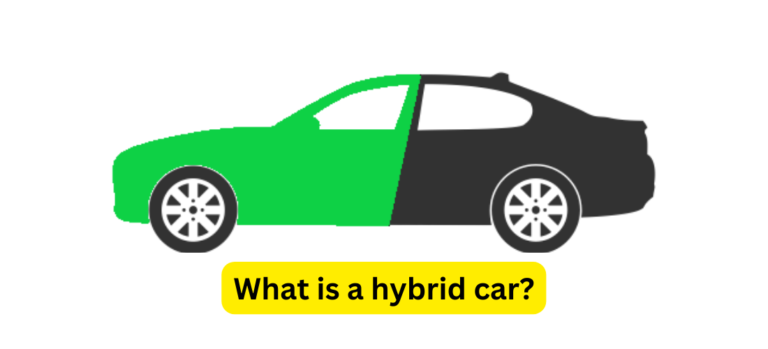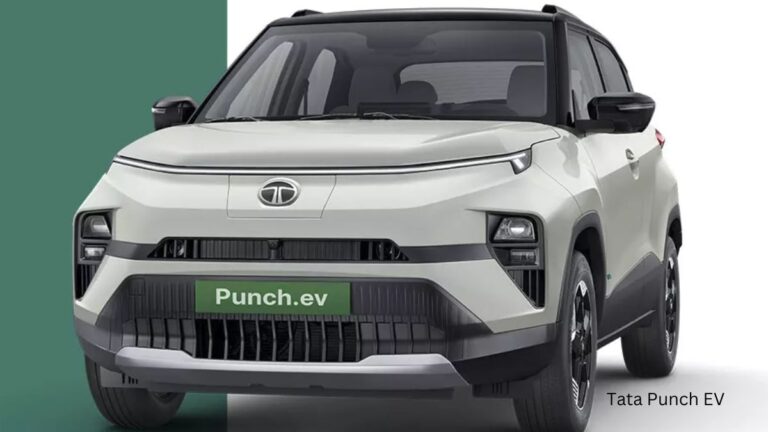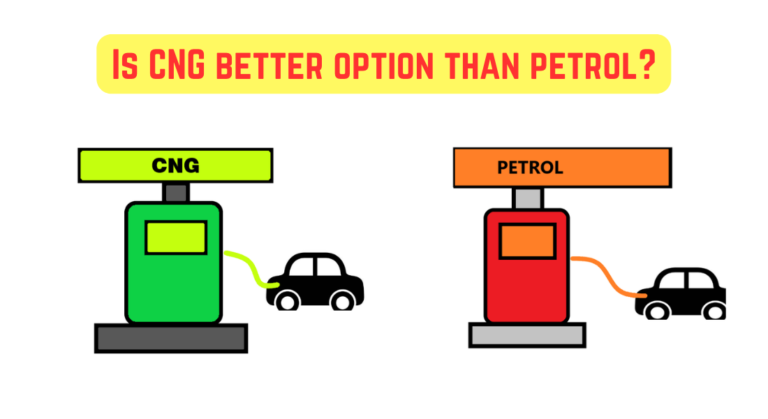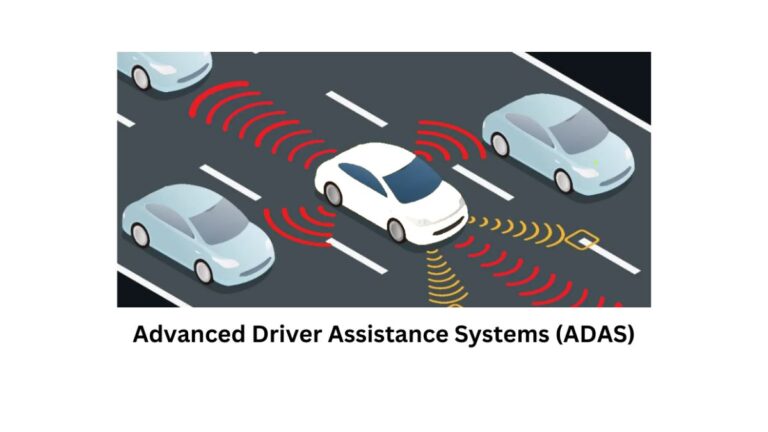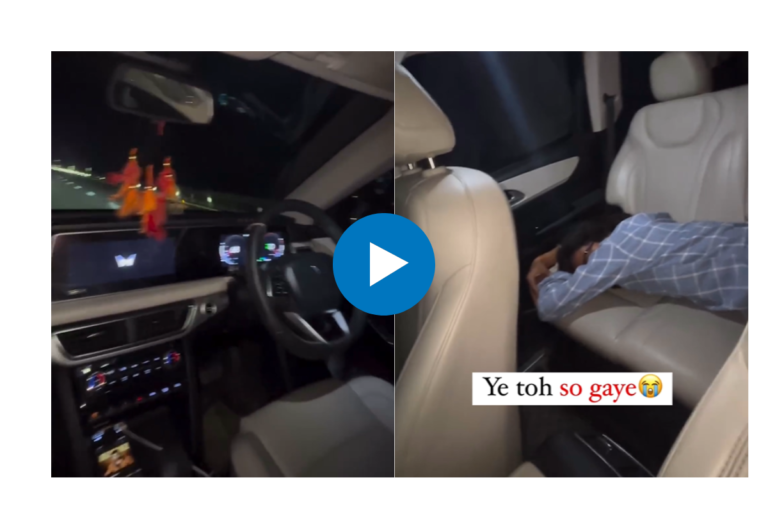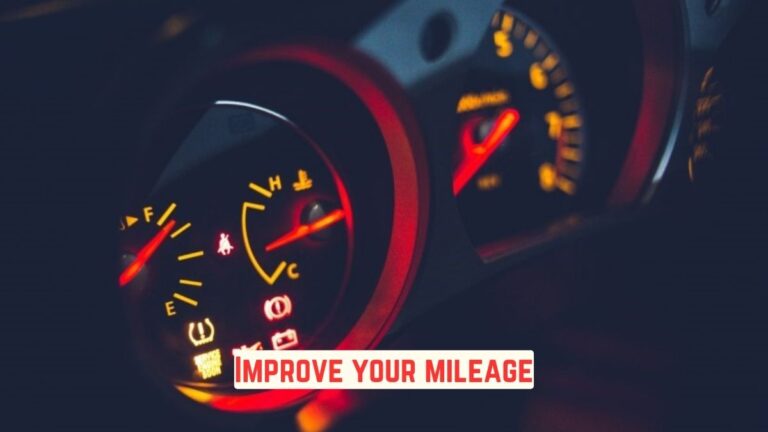What Causes A Car Not To Start On The First Try?
You might be using your cars as a daily commuter or for the weekend, but cars are our best companions to travel. Being a good car owner we all need to maintain our car healthy and fit. Certain times a minor malfunction of cars bothers us so much and the most common issue is starting difficulty. Late starting cars reduces our confidence. The car takes a couple of attempts to start or take a long time to crank. Do you know what causes a car not to start on the first try? Well, we will explain some major reasons behind the late start.
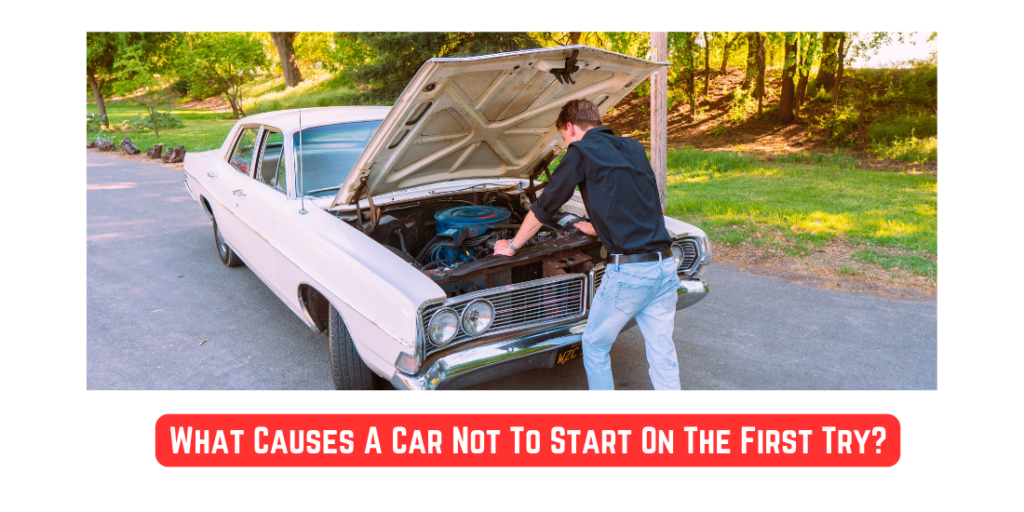
What Causes A Car Not To Start On The First Try?
Before getting into the causes, let us understand how engines start and their major components. If you are able to understand the principle behind the starting mechanism then the causes for the car’s late starting issue can be analyzed easily. First, let us know How the car starting system works.

Major Components Of Car Starting System
Battery: It is a source of stored electrical energy which provides power to the electrical system and accessories.
Alternator: The alternator is driven by the engine through V-Belts which charge the battery while the car is running. In other words, it is a dynamo that converts mechanical energy into electrical energy that can be stored in the battery.
Starter Motor: It is a motor that converts electrical energy into mechanical energy. The starting motor is mounted on the engine flywheel housing. It has a small pinion gear that meshes with the flywheel of the engine for starting and disengaging as soon as the engine runs.
Spark Plug: The spark plug ignites the fuel and air mixture to run the engine.
How does the car starting system work?
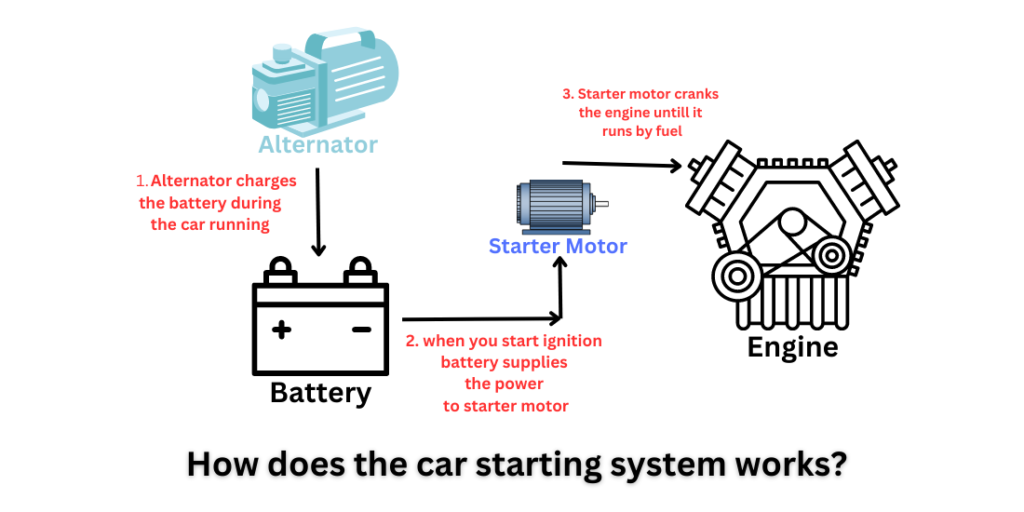
You have got a basic idea of the component now let us understand how does car starting system work. Internal combustion engines do not start on their own they need to be rotated at minimum speed in order to run by the fuel supply. This is done by starting the motor which is mounted on the flywheel housing.
When you initiate the ignition, the battery supplies the power to the starter motor to rotate the crank slowly by developing the required torque. When cranks rotate with minimum required torque, the fuel mixture draws into the combustion chamber and gets ignited by the spark plug and the starting motor disengages from the crank.
The torque produced by the starter motor is 1-2kg-m. And it will last for a few seconds only, until the engine gets started.
Hope you have understood the basic concept behind the car starting mechanism, now let us understand why the car gets a delayed start.
Why Does My Car Take A Couple Of Tries To Start?
Let us analyze the starting trouble in 3 stages as mentioned below to make it simple to understand.
1. Starting motor does not turn to run the engine
2. Starting motor cranks the engine slowly or delayed start
3. Starting motor spins but does not run the engine
Starting Motor Does Not Turn To Run The Engine
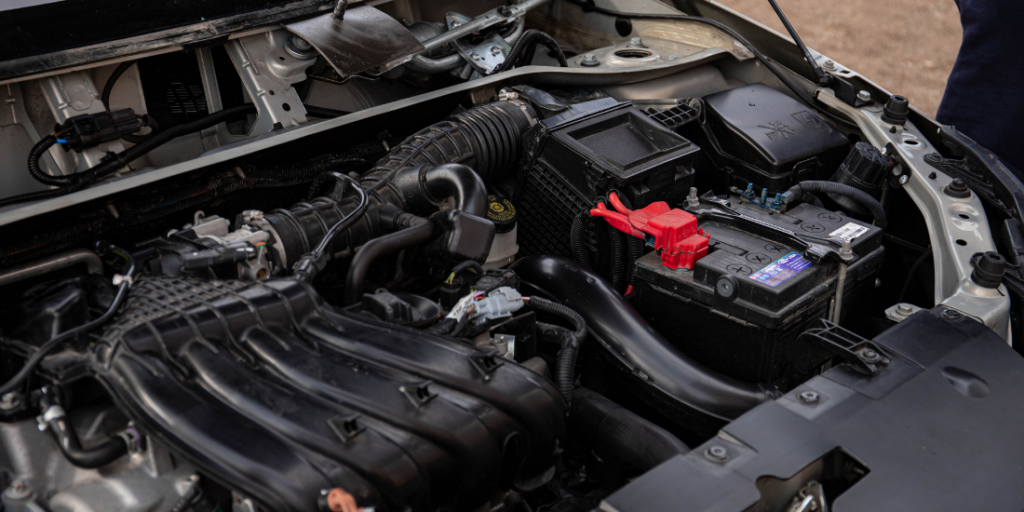
When the starting motor is not running efficiently and turning on the engine due to this car starts lately. It happens due to the following reasons.
Defective Or Drained Battery
A defective battery or drained battery is not able to produce enough voltage to run the starter motor to produce initial torque. It may be due to leaked power or a faulty alternator. If the alternator fails to charge the battery that causes insufficient power in the battery. This is one of the reasons for late car starting.
Defective Starter Motor System
The defective starter motor system is unable to run and start the engine. There are multiple reasons behind the failed starter motor system which include high resistance in the starting motor, short circuit armature, tight armature bearing, weak brushes, and springs. This may be the reason behind cars taking much time to start.
Piston Hard Movement
If the piston movement is hard by any chance or undergoing excessive friction then the starter motor will not be able to produce the high torque beyond its limit to run the engine. This causes the car to start late.
Starting Motor Cranks The Engine Slowly Or Delayed Start
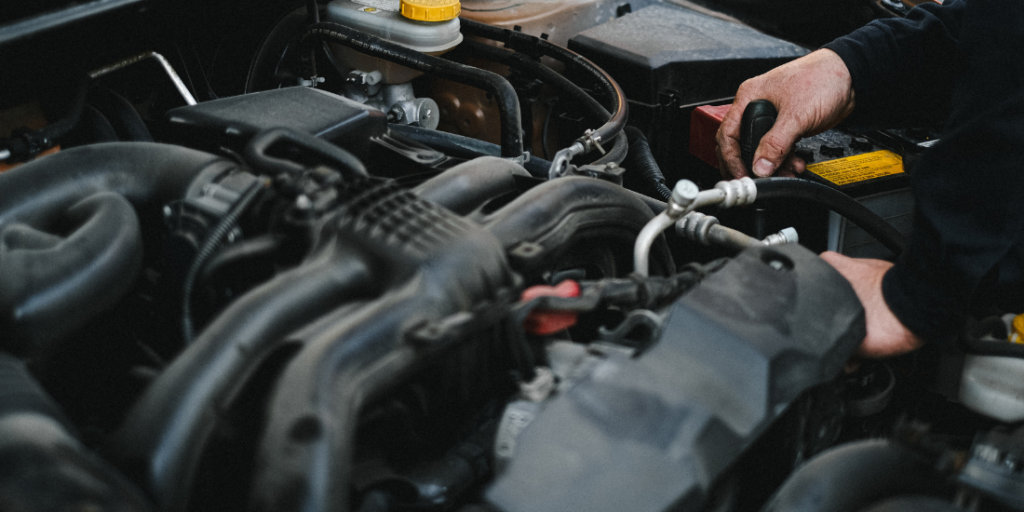
If the starting motor is running slow and taking a long time to start the engine, in that case, it happens due to the following reasons.
Higher Viscosity of engine oil
If the engine oil is thick and viscous it needs a lot of effort or higher torque to rotate the crank. Starting motor pushing hard to start the engine. When you are facing a late starting issue in your car better to check the engine oil quality.
Defective or Drained Battery
As we mentioned in earlier cases defective battery or a drained battery and alternator is also one of the reasons for the delayed start.
Defective starter motor system
A defective starting motor system with a short circuit armature, tight armature bearing, weak brushes, and springs may lead to a delayed start.
Faulty Spark Plug
If the sparkplug is not able to ignite the fuel mixture efficiently even after the Starter motor cranks the engine properly. It is better to test the spark plug condition when the car takes too much time to start.
Starting Motor Spins But Does Not Runs The Engine
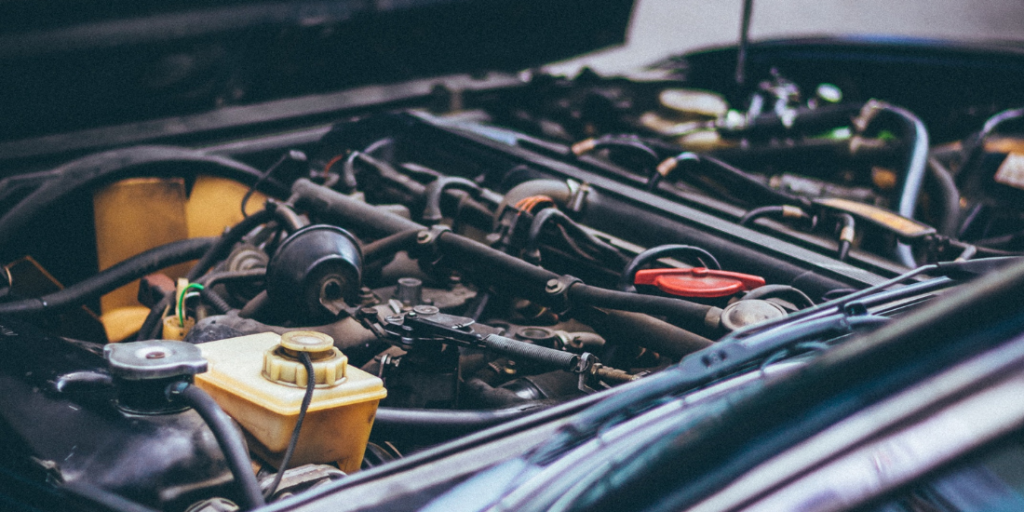
If the Starter motor is running properly but not able to start the engine in this case it happens due to the following reasons.
Defective Drive system
Starting the motor running but being unable to crank the engine may be due to a defective or failed drive system. The drive system is not transferring the rotation power from the Starter motor to the crank. This may be due to jammed drive assembly, tightened drive assembly, misaligned gears, worn-out threads, etc. This is one of the major reasons behind cars taking much time to start.
Why is My Car Taking a Long Time To Start?
Go through the below chart to understand what causes a car not to start on the first try.
| Starting Motor Does Not Turn To Run The Engine | Defective or Drained Battery / Alternator |
| Defective starter motor system | |
| Piston Hard Movement | |
| Starting Motor Cranks The Engine Slowly Or Delayed The Start | Higher Viscosity of engine oil |
| Defective or Drained Battery / Alternator | |
| Defective starter motor system | |
| Faulty Spark Plug | |
| Starting Motor Spins But Does Not Runs The Engine | Defective Drive system |
Conclusion:
Drained batteries, defective alternators, piston movement malfunctions, faulty spark plugs, and defective drive systems are the major reasons behind the delayed start in the car. We hope this analyzing technique helps you to understand the reason behind the slow start or the car taking a couple of tries to start. If you have any questions or queries please do comment and let us know.

